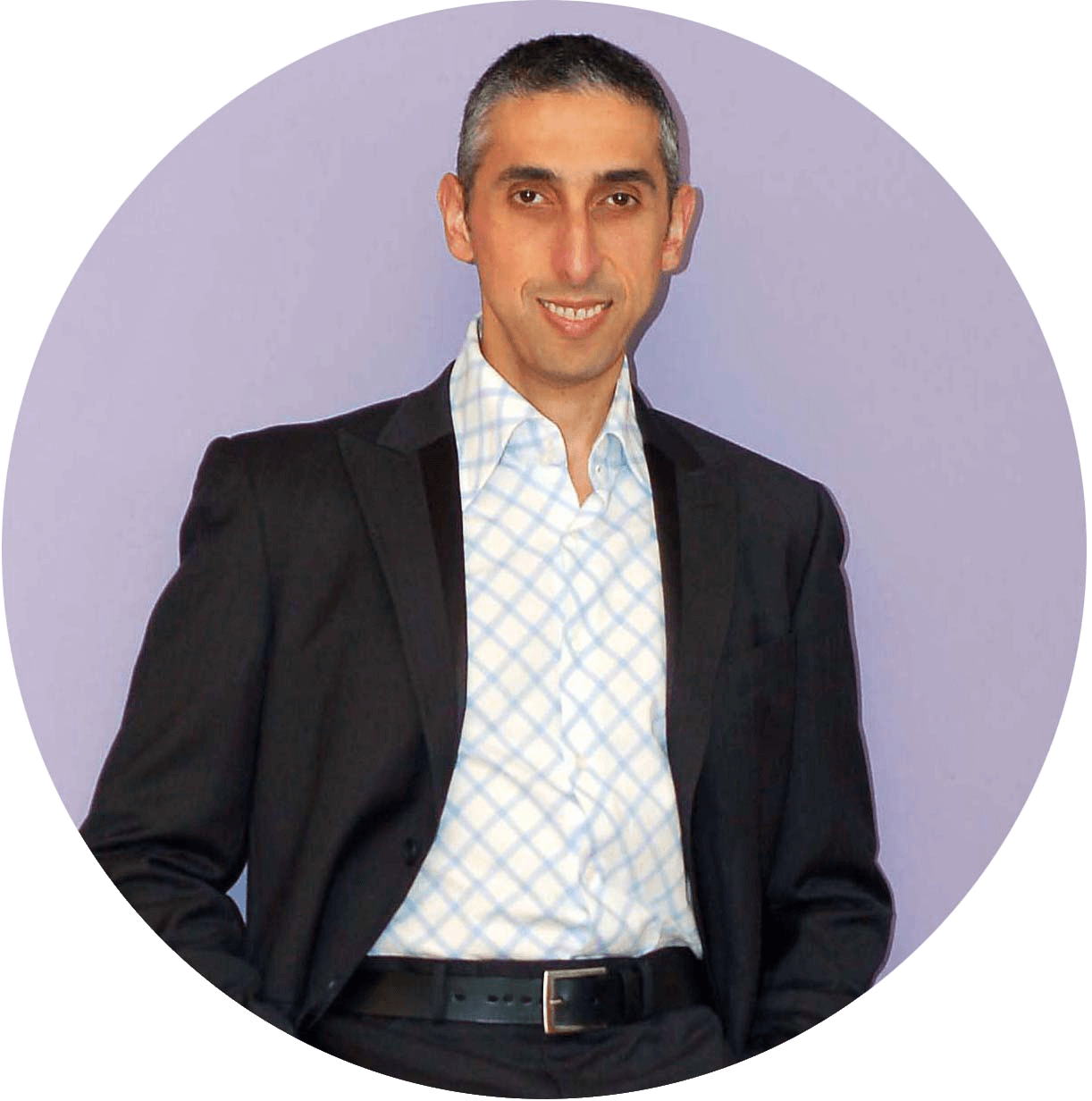Being Brave Requires Being Vulnerable
“I learned that courage was not the absence of fear, but the triumph over it. The brave man is not he who does not feel afraid, but he who conquers that fear.” — Nelson Mandela
Bravery is not something we gain from a distance; it involves moving beyond our comfort zone towards our fears. The act of bravery signifies bold action amid the backdrop of fear and uncertainty. Fear dominates people’s lives because of the perceived consequences. They prefer the comfort of their known environment because life can be unforgiving. Yet, being brave invites us to reach beyond our safety net, not to plunge recklessly into uncharted territory, for that would be imprudent. For instance, recall the last time you summoned bravery in a situation? What skills or lessons did you gain that are relevant today?
Expressed differently, bravery is a call to connect with our deepest wisdom. It requires identifying our protagonist that lies dormant within. Firefighters, paramedics, and soldiers are brave because they face life-threatening circumstances every day. The firefighter attends to the scene of a vehicle accident, knowing at any moment it could engulf the car and its occupants. Bravery can manifest itself in less noticeable ways. For example, pursuing our dreams despite our family’s protests shows courage, since we are guided by our truth despite their objections. In other words, we express courage through our actions and words.
To live a rewarding life on our terms instead of dictated by other people represents daring bravery. Similarly, voicing our disapproval when we are wronged underscores the willingness to be treated with respect. It is no surprise that public speaking is considered a leading fear for many. Yet, for professional speakers, being on stage is an opportunity to indulge their talents and genius. They are moved by passion and purpose rather than dictated by fear. In others, what is frightening for some is exhilarating for others. Sometimes the greatest acts of courage emerge from the smallest deeds. Is this an idea that resonates with you? Contemplate how you express bravery in your life? Perhaps few people know about it and that’s okay. Simply acknowledge to yourself your ability to step out of your comfort zone and take calculated risks when it is right to do so.
Fear Is An Illusion Dictated By Your Past
“Moral excellence comes about as a result of habit. We become just by doing just acts, temperate by doing temperate acts, brave by doing brave acts.” — Aristotle
Bravery is apparent when we express our deepest convictions. This generates authentic connection with others, instead of being guided by people’s opinions. Life offers multiple opportunities to choose bravery or endure defeat. Contained within those moments, we discover the depth of our being. You see, humans are emotional creatures, vulnerable to hurt and rejection, especially when their self-worth is at stake. Bravery allows us to overcome our inner demons and emerge with our self-esteem intact. It is why I’m drawn to the words of author Brené Brown, who writes: “The truth is that falling hurts. The dare is to keep being brave and feel your way back up.”
Ultimately, when we abide by our innate truth and deepest conviction, we needn’t be concerned with how others perceive us. For instance, fear is an illusion dictated by our past. This is why many people equate failure with lack of courage because it compromises their self-worth. Equating self-worth to failure is futile to our long-term happiness. We must avoid associating failure with a lessened self-worth because the two are mutually exclusive. Bravery emerges when we acknowledge our weaknesses and insecurities. Vulnerability, despite its association, is not a sign of weakness. It is a symbol of courage, because we express our authenticity by revealing our weakness. In doing so, we invite those we trust to honour their authentic nature through a shared experience. Can you see that bravery can express itself in many ways? It requires aligning with our highest intent and being vulnerable.
Equally, to admit one’s mistakes by expressing: “I’m sorry” shows our humaneness. We deepen our connection to others, allowing them to be less stoic and more genuine. Bravery is a continued commitment to venture beyond our safe refuge when we’re reluctant to do so. As we do, we confront our fears instead of choosing safety. Being brave from a safe distance does not reinforce courage, it only strengthens our fears. We must navigate the path from weakness to bravery and discover a new world that underpins our strengths and inner wisdom. Considering this, give some thought to ways in which you can express bravery in your life? What acts of courage can you undertake to strengthen your commitment to yourself? Try it and note how you feel. You might try asking someone out on a date and journal how you feel? Try to be less attached to the outcome, but pay attention to your feelings. This is how we grow and develop because bravery calls us to get comfortable, while being uncomfortable, so we can reap the benefits of our actions. When we take the bold step to express bravery, we see it was there all along; waiting to make itself known.

Are You Ready to Transform Your Life with Confidence?
Are you ready to transform your life and unlock your potential? Start your journey with me today! My Life Coaching Program has empowered many to achieve lasting change. Schedule your FREE 30-minute consultation now and take the first step towards a brighter, more confident you.
Tony Fahkry
Expert Life Coach















